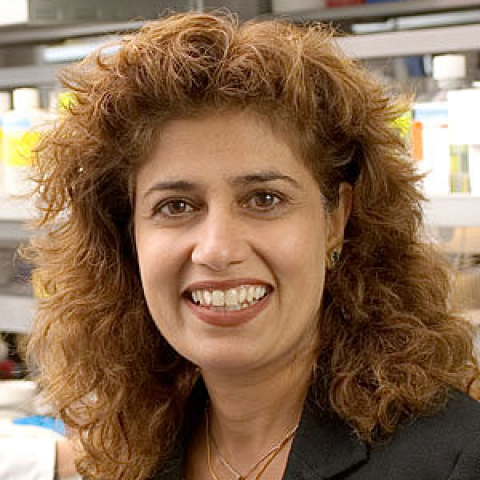Interdisciplinary Initiatives Program Round 4 – 2008
Minnie Sarwal, Pediatrics
Atul Butte, Medicine
John Cooke, Cardiovascular Medicine
Translational bioinformatics has been defined as the development of analytic, storage, and interpretive methods to optimize the transformation of increasingly voluminous genomic and biological data into diagnostics and therapeutics for the clinician. This is a great unmet need in transplantation because organ-specific non-invasive biomarkers for different etiologies of graft dysfunction do not exist. In addition, there is an acute need for molecular research to better understand the divergence of the immune response from graft acceptance to rejection, and the progression of molecular changes in the transplant to immune and non-immune injury, to accelerate treatment and improve graft outcomes. This collaboration allows us to extend our knowledge of key transcriptional and protein pathways in differing allograft states and identify non-invasive surrogate markers for different kinds of transplant injury and immune quiescence, obviating the organ biopsy, and thus allowing for the first time, educated immunosuppression titration.
The collaboration for the first year between Butte lab (co-investigator: Rong Chen, PhD.) and Sarwal lab (co-investigator: Li Li, MD.) has successfully achieved the goal of developing the methodology of identifying non-invasive biomarker from the public data and our in-house repository by using integrative genomics approach (details see scientific research progress). In the following year, we continue to work with Cooke lab to validate those biomarkers across organ and develop a diagnostic assay.


